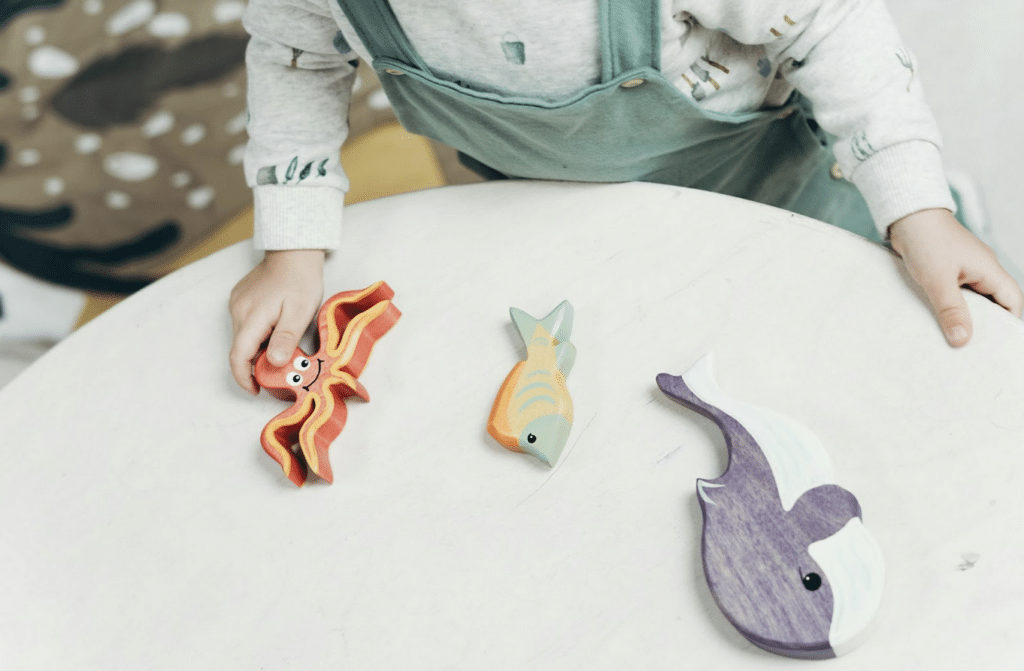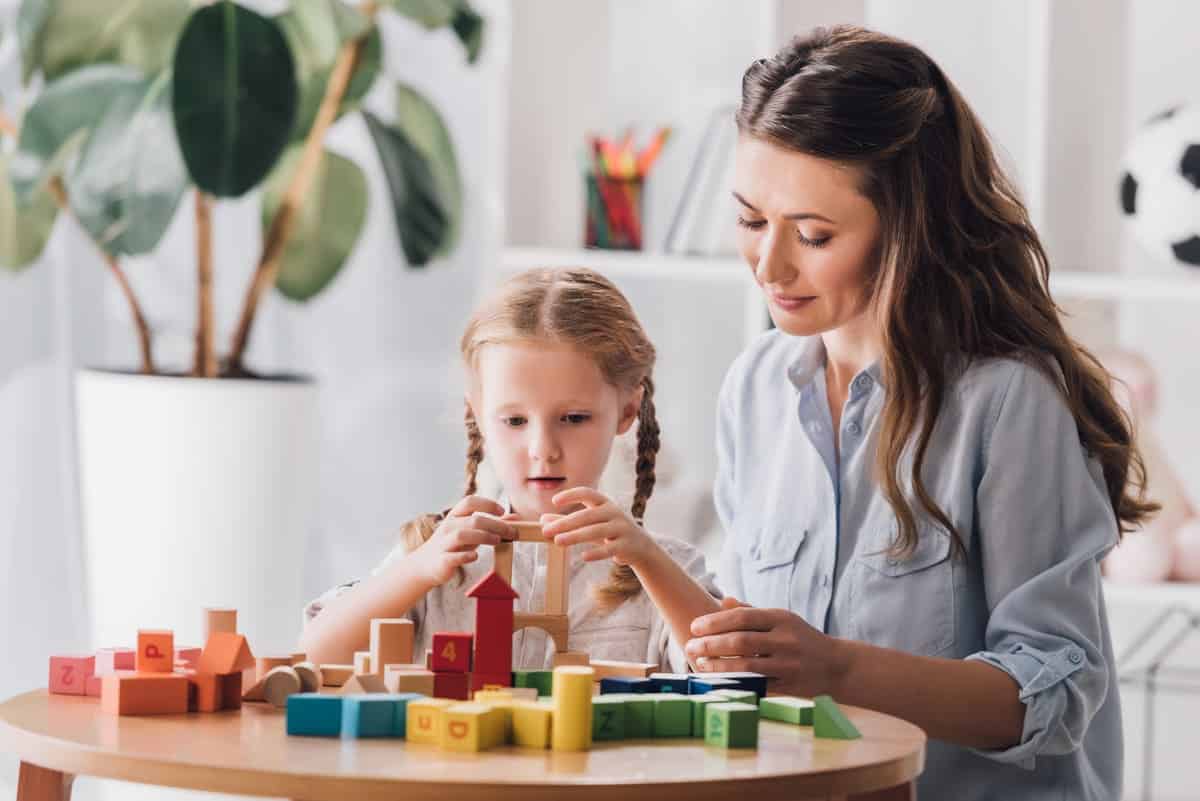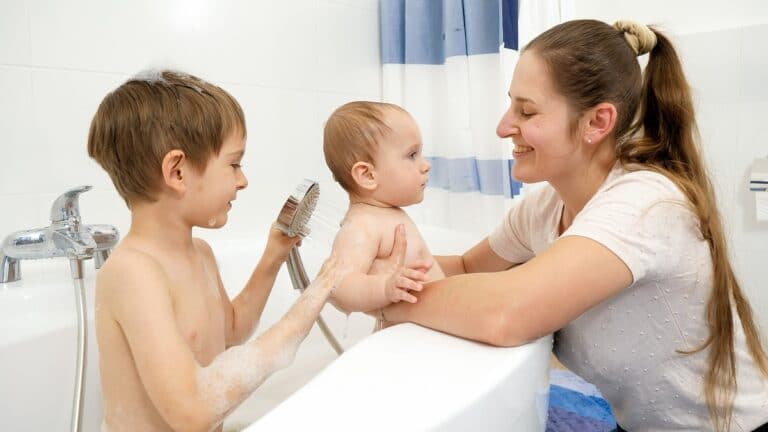In the fast-paced world of baby products, the Montessori approach to play stands out as a beacon of simplicity and purpose. Derived from the teachings of Maria Montessori, this philosophy emphasizes a child-centric learning environment, and this extends to the selection of toys. In this guide, we delve into the realm of Montessori baby toys, exploring the principles, benefits, and practical aspects of incorporating simplicity into your child’s play. To engage little ones with the Montessori baby toys collection, we will navigate through key considerations and recommendations for fostering a nurturing and developmentally enriching playtime experience.
Montessori Principles for Babies
At the core of Montessori philosophy lies the belief in a child’s natural curiosity and the importance of fostering independence from a young age. For infants, this translates to a focus on sensory and motor skill development. Montessori baby toys are carefully designed to stimulate a child’s senses and encourage hands-on exploration, aligning with these foundational principles.
Simplicity in play is not just a preference; it’s a fundamental aspect of the Montessori approach. Toys that are simple in design allow babies to focus on the activity at hand, fostering concentration and skill development. This simplicity aligns with the idea that less is more, promoting a deeper connection between the child and the learning experience.
Benefits of Montessori Baby Toys
Cognitive Development, Motor Skills, Sensory Exploration
Montessori baby toys offer a myriad of benefits, contributing to cognitive development, fine and gross motor skills, and sensory exploration. These toys engage a child’s senses, encouraging them to explore shapes, textures, and sounds, laying a solid foundation for future learning.
Choosing the Right Materials

Focus on Sensory Development
Babies experience the world primarily through their senses, making sensory development a crucial aspect of early childhood. Montessori baby toys, with their tactile surfaces, contrasting colors, and gentle sounds, contribute significantly to this sensory stimulation, aiding in the development of neural pathways.
Incorporating Montessori in Daily Playtime
Creating a Montessori-Friendly Environment
Transforming your play area into a Montessori-friendly space involves organizing toys on open shelves, making them easily accessible to your baby. Create an environment that encourages independent exploration and learning through hands-on experiences.
Promoting Independent Play
One of the unique aspects of Montessori play is its focus on fostering independent play. Instead of overwhelming children with complex toys, the Montessori approach encourages self-directed exploration. This not only builds a sense of autonomy but also enhances problem-solving skills from an early age.
Introducing Basic Shapes and Colors
Early cognitive development is another area where Montessori baby toys shine. By incorporating simple shapes and colors into the design of toys, children naturally engage in activities that lay the foundation for later learning. This gentle introduction to cognitive concepts aligns with the Montessori philosophy of education.
DIY Montessori Baby Toys
Contrary to the misconception that Montessori toys are expensive, many can be created at home using everyday materials. Simple DIY projects, such as a fabric sensory board or a homemade wooden stacking toy, not only save money but also add a personal touch to your child’s playtime.
Age-Appropriate Toys
Montessori principles emphasize tailoring toys to the developmental stage of the child. Understanding your baby’s milestones and choosing toys that align with their abilities is key. From high-contrast mobiles for newborns to more complex stacking toys for older infants, Montessori provides a roadmap for age-appropriate play.
Building a Montessori Toy Shelf
Organizing a Montessori toy shelf involves more than just arranging items neatly. It’s about creating an environment that invites exploration and discovery. Rotating toys regularly keeps the play area fresh and ensures sustained interest and engagement.
Avoiding Overstimulation
In a world filled with sensory stimuli, Montessori philosophy advocates for a calm play environment. Overstimulation can be detrimental to a baby’s development, leading to stress and discomfort. Montessori baby toys, with their intentional simplicity, help create a serene space for focused, unhurried play.
Benefits of Montessori Baby Toys
The benefits of incorporating Montessori baby toys into your child’s playtime extend beyond the early years. The emphasis on hands-on exploration contributes to cognitive and motor skill development, laying a solid foundation for future learning. The structured yet open-ended nature of these toys fosters a love for discovery and inquiry.
Tips for Engaging with Your Baby During Play
Beyond selecting the right toys, actively engaging with your baby during playtime is essential. Building a strong parent-child bond involves more than just providing toys; it’s about participating in the learning process. Incorporating Montessori principles in daily interactions, such as narrating activities or encouraging self-discovery, enhances the overall experience.
Conclusion
In the world of baby toys, simplicity reigns supreme, and Montessori philosophy beautifully encapsulates this principle. Embracing simplicity in play through carefully curated, age-appropriate, and thoughtfully designed Montessori baby toys sets the stage for a child’s holistic development. As parents, by understanding and applying these principles, we empower our children
FAQs
Are Montessori baby toys suitable for all infants?
Montessori toys can be adapted for various developmental stages, making them suitable for most infants. However, it’s essential to choose toys that align with the child’s age and milestones.
Can I create Montessori baby toys at home without much hassle?
Absolutely! Many Montessori toys can be easily crafted at home using simple materials. DIY projects not only save money but also add a personal touch to your child’s playtime.
Do Montessori baby toys limit socialization opportunities for infants?
Contrary to this myth, Montessori philosophy encourages independent play but does not limit socialization. Playdates and interactions with caregivers offer ample socialization opportunities.
How often should I rotate Montessori toys on the shelf?
It’s recommended to rotate toys every few weeks to keep the play environment fresh and engaging. This ensures sustained interest and prevents overstimulation.
What long-term benefits do Montessori baby toys offer?
Montessori toys contribute to cognitive and motor skill development, fostering a love for learning. The structured yet open-ended nature of these toys lays a solid foundation for future educational pursuits.











